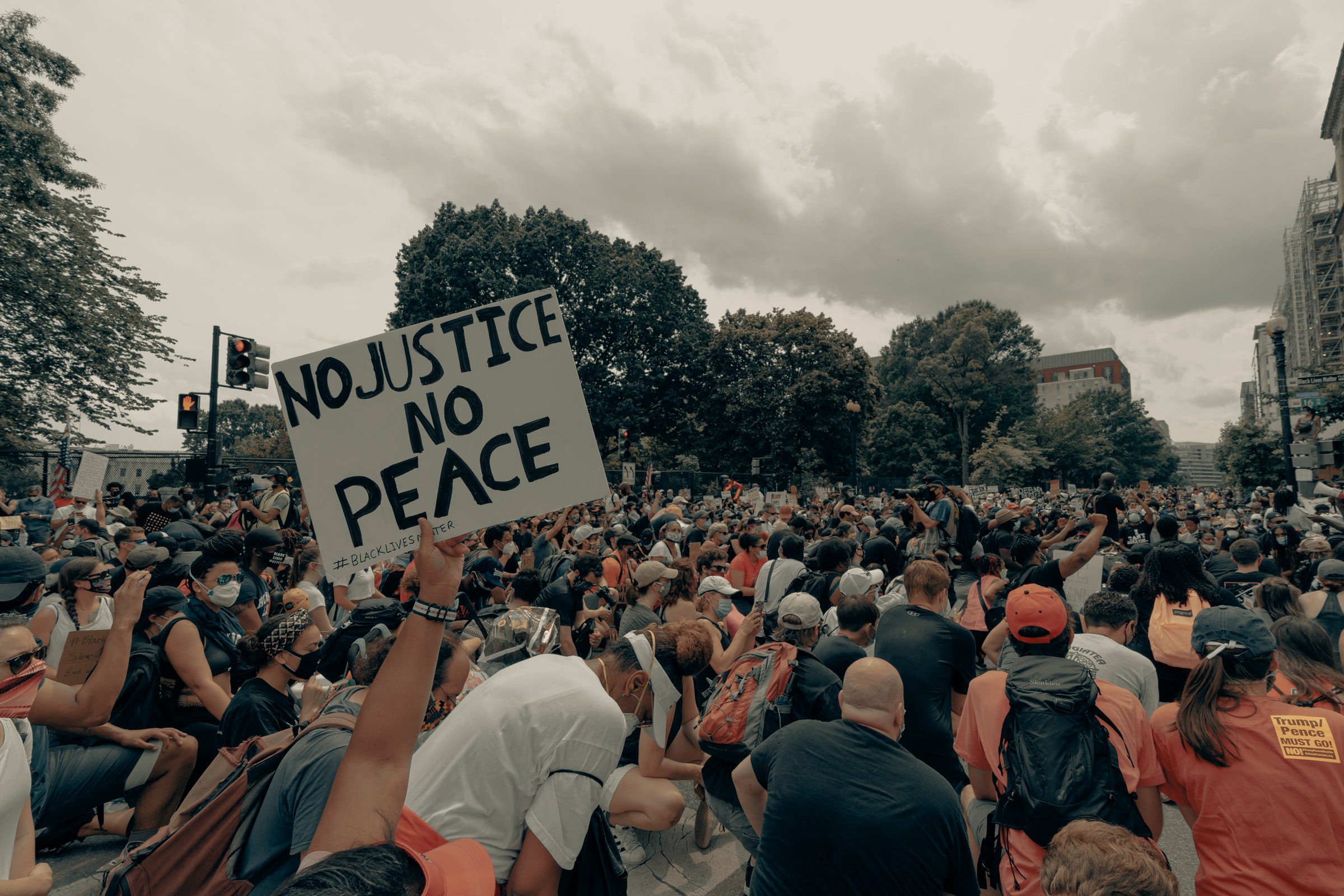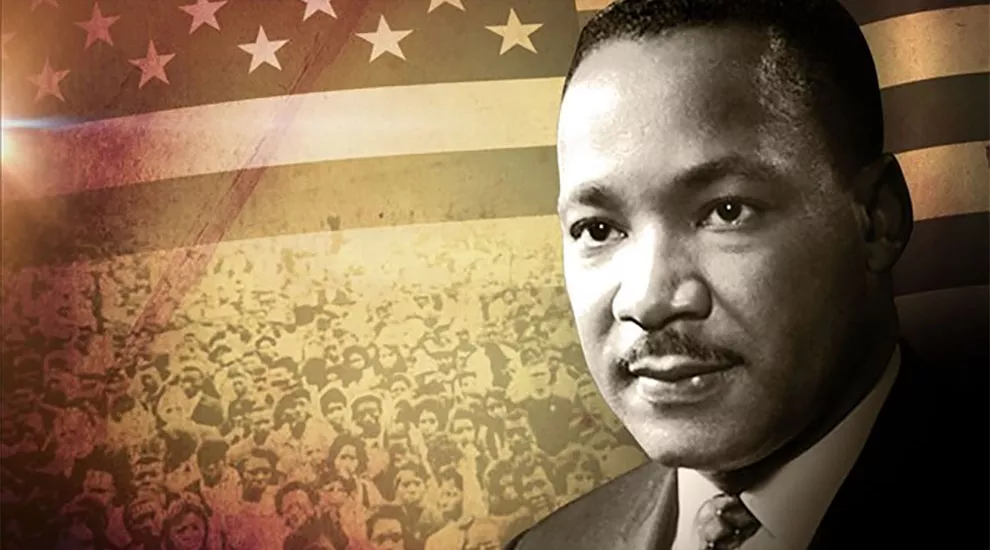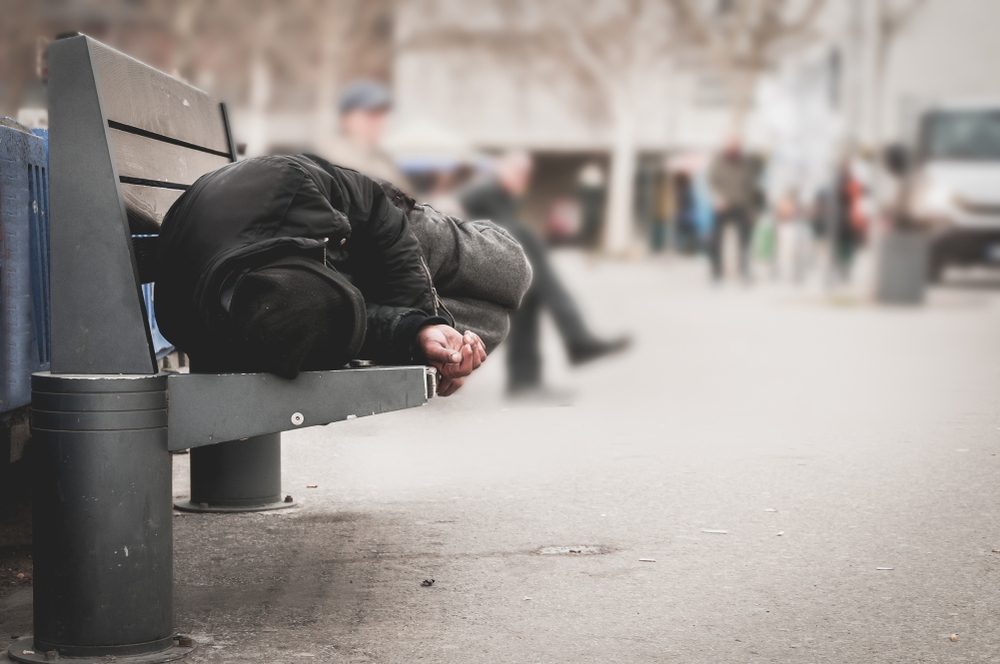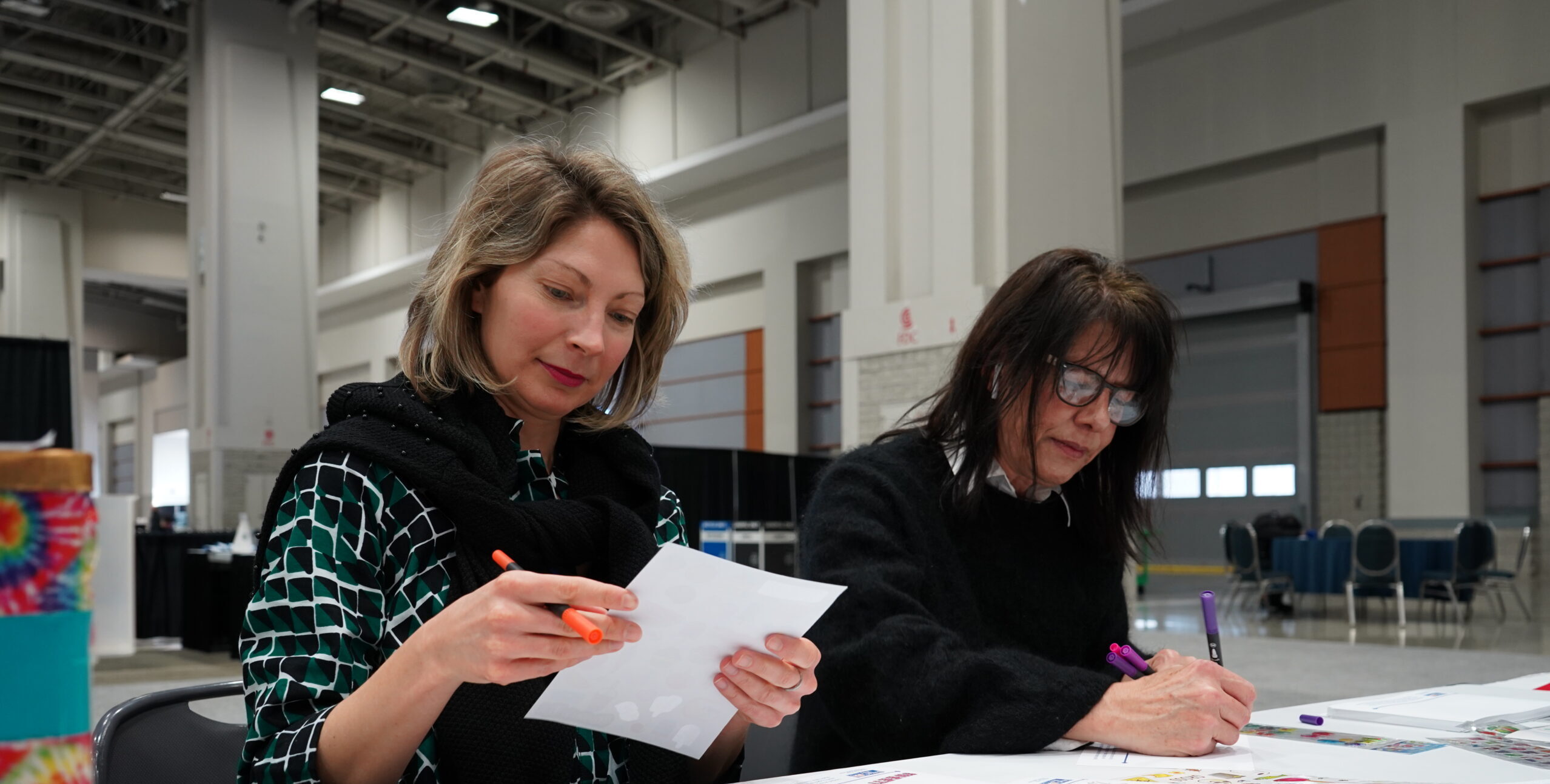
Oct. 21, 2025
What does equity mean in terms of social justice? How does the social justice definition shape our understanding of fairness and equity? Learn more about equity and social justice and get involved in empowering your community with United Way NCA.
Social Justice Definition and Equity Explained
Equity means meeting community members at every level by providing resources that are proportionate to what they need to thrive. The social justice definition refers to fairness, ensuring that people receive the specific resources they need based on their circumstances. Social justice typically focuses on fairness for historically oppressed populations—especially Black, Indigenous, and People of Color (BIPOC) who have disproportionately faced institutional discrimination or systemic racism. Social justice and equity go hand in hand.
Like equity, equality aims to promote fairness and justice, but it can only work if every person starts from the same place and needs the same things—something that is not true of our current society. However, while equality and equity are not synonymous, both are needed in order to sustain social justice. The social justice definition extends beyond equal treatment by recognizing systemic barriers and providing tailored support to create fair outcomes. If equality is providing resources equally across communities and groups of people, equity takes it a step further by understanding and giving people what they need to enjoy full, healthy lives.
Seeking equity is, by default, seeking social justice. For example, pursuing health equity means pursuing social justice in health, where no one is denied the possibility to be healthy because they belong to a group that has historically been excluded from accessing health resources. The same can be said for education, financial disparities, food and medical insecurities, mental health, housing and more.
We are dedicated to amplifying marginalized voices in our communities and advancing equity and inclusion. At United Way NCA, we believe every individual deserves equal opportunity, respect, and access to essential resources like healthcare, education, and housing.
United Way of the National Capital Area is committed to advancing racial equity, health equity, and educational opportunity for all community members. We actively amplify underrepresented voices to ensure everyone has equal access to economic mobility, affordable housing, and quality education. At the heart of our mission is the belief that every individual deserves dignity, opportunity, and respect. When we prioritize equity and inclusion, our entire community thrives.
Philosophical Theories of Social Justice and Degree Perspectives
Social justice, at its core, is about fairness, but its foundation is deeply rooted in philosophical theories of justice. Thinkers like Plato and Aristotle explored justice as a virtue of both individuals and societies, while John Rawls introduced the concept of ‘justice as fairness,’ advocating for equitable resource distribution. These historical perspectives shape modern social justice efforts, ensuring that fairness is not just an ideal but a guiding principle for creating a more just society. This evolution of thought highlights the role of social quality in ensuring just institutions and policies.
Economic Justice as a Pillar of Social Justice
- The Philosophical Theories of Social Justice section explains the origins and evolution of social justice concepts—defining justice, fairness, and equity based on classical and modern theories.
- After establishing the intellectual foundation, it makes sense to apply these principles to real-world issues, and one of the most pressing aspects of social justice today is economic justice.
- Social justice is not just about fairness in rights and opportunities—it also includes economic justice, ensuring fair wages, access to resources, and the equitable distribution of wealth.
- Social justice means equal access to financial independence, social mobility, and economic well-being.
- This section should discuss how economic institutions and policies influence social justice outcomes.
Examples of Social Justice in Action
Social justice goes beyond theory—it addresses real inequities that affect people every day. Below are some examples of systemic injustices that highlight the need for equity-based solutions.
- Racial Discrimination: Systemic racism impacts housing, employment, education, and healthcare access for communities of color.
- Gender Pay Gap: Women—particularly women of color—continue to earn less than their male counterparts for equal work.
- Food Insecurity: Many families in the National Capital Area face barriers to accessing nutritious and affordable food.
- Educational Disparities: Underfunded schools and a lack of resources can widen achievement gaps, especially in historically underserved communities.
- Housing Inequality: Discriminatory policies and rising costs contribute to housing instability and homelessness.
- Healthcare Access Gaps: Communities of color and low-income residents often face obstacles to quality care and preventative services.
- Mental Health Stigma & Inaccessibility: Many individuals struggle to access affordable, culturally competent mental health care.
United Way of the National Capital Area addresses these injustices head-on by investing in programs and partnerships that expand access to health resources, improve educational outcomes, promote economic opportunity, and advocate for systemic change. By focusing on equity and listening to the needs of historically marginalized communities, United Way NCA helps create a more inclusive and fair future for everyone in the region.
How Can You Practice and Promote Equity and Social Justice in Your Community?
United Way NCA actively listens to the needs of the community and partners with local organizations to drive impactful social justice programs. We leverage funding, research, and support to be a catalyst for racial equity and systemic change in the National Capital Area.
United Way of the National Capital Area is here to listen and lead. We collaborate with community-based partners to drive meaningful social change and advance equity across health, education, and economic opportunity. Our health equity programs expand access to critical healthcare services. We are committed to reducing education disparities and improving outcomes for youth through targeted academic support initiatives. Additionally, we’re working to break down systemic barriers by promoting economic mobility and expanding access to stable, affordable housing for families across the region.
With that in mind, this work needs you. By taking the below steps, you can begin promoting equity and social justice in our community.
Sign up for our 21 Day Race Equity Journey, a 21-day newsletter series, to learn more about how equity plays a role in determining outcomes of people through different stages of life depending on their intersections of race, gender, sexuality and/or socioeconomic standing.
Get Involved in Advancing Equity Today! Building an equitable future for all requires community action and support. By engaging with nonprofits like United Way of the National Capital Area, you can help drive real change. Whether through monetary donations, volunteer opportunities, corporate social responsibility partnerships, or advocacy, your involvement helps expand access to education, healthcare, and economic opportunity for underserved communities.
Learn how. This fall, United Way NCA will launch our Practice Equity social media campaign to educate community members on different ways to practice equity daily, enhancing their overall. Follow us on Facebook, Twitter, Instagram and LinkedIn to stay tuned.
Join United Way NCA in the movement to achieve a more equitable future by visiting here.
Equity and inclusion create stronger communities — when no one is left behind, everyone has the opportunity to thrive through access to education, healthcare, and economic mobility.
About United Way of the National Capital Area
United Way of the National Capital Area improves the health, education and economic opportunity of every person in the National Capital community. United Way NCA has been improving lives by creating measurable impact in the District of Columbia, Northern Virginia, and Montgomery and Prince George’s counties for more than 45 years. In 2020, United Way NCA was among 384 organizations across the United States to receive a generous transformational investment from novelist and venture philanthropist, MacKenzie Scott, supporting initiatives in employment and economic opportunity.
For more information about United Way of the National Capital Area, visit UnitedWayNCA.org.





